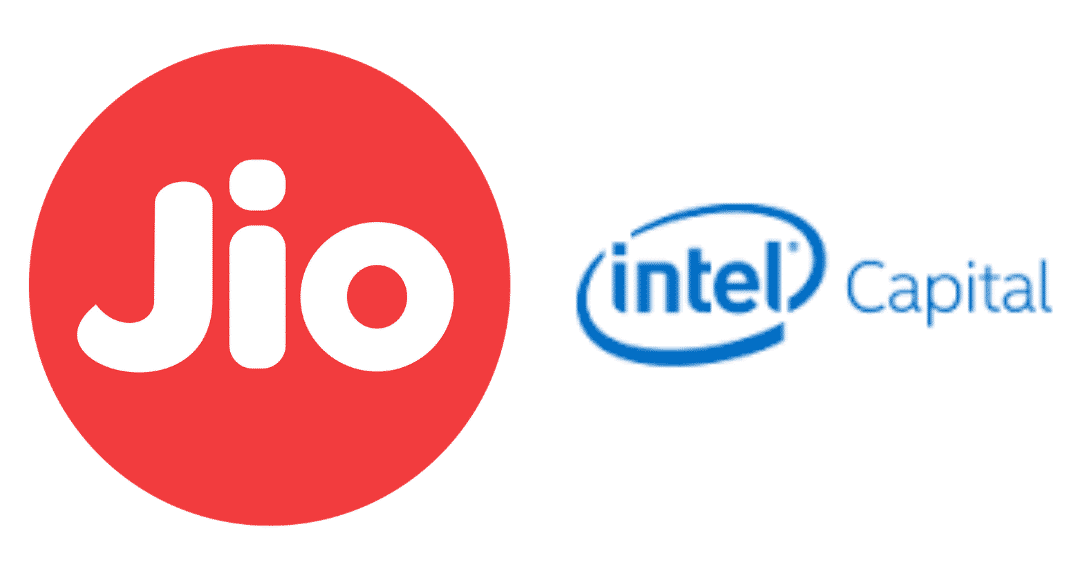It was this cooperation that led to this, according to Navin Shenoy, executive vice president, and general manager of Intel’s data platforms group, speaking to Reuters in an interview. In the words of one analyst, “5G in India is going to be enormous, and (Reliance Jio) is executing it in a nontraditional way.” A novel method to 5G network construction is being used by several carriers throughout the world, including Reliance Jio. Instead of relying on telecommunications-specific equipment from companies such as Nokia (NOKIA.HE), Ericsson (ERICb.ST), or Huawei Technologies Cos (HWT.UL), carriers are increasingly relying on software to handle more network functions and standard computing equipment similar to that used in data centers to run the networks. Nokia (NOKIA.HE), Ericsson (ERICb.ST), and Huawei Technologies Cos (HWT.UL) are among the companies that have produced it.
For its part, Intel has been losing market share in its core data center and personal computer sectors to competitors such as Advanced Micro Devices Inc (AMD.O) as a result of production problems affecting the company for years. However, networking chips have become an increasingly significant component of the company’s business, with sales of networking chips expected to rise by 20 percent by 2020 to account for $6 billion of the company’s total sales of $77.9 billion. Among the reasons for Intel’s rise, according to Dan Rodriguez, general manager of the company’s network platforms business, has been the company’s choice over a decade ago to invest in software comparable to an operating system for its network chips. The FlexRAN technology, which allows carriers or software companies to create code for 5G networks, is now in beta testing. In a statement released Monday, Intel stated that software from Cohere Technologies may double the use of a particular network spectrum when used with Intel’s Intel chips, a benefit to carriers that have spent billions of dollars obtaining spectrum rights. Intel and Reliance Jio made this statement about two months after India’s Department of Telecommunications (DoT) authorized mobile carriers such as Reliance Jio and Bharti Airtel to start 5G testing in the country. Before this announcement, telecom giant Bharti Airtel and Tata Group announced a collaboration to develop 5G networking technologies in India on Monday. Airtel will benefit from this strategic cooperation by utilizing Tata Group’s sophisticated technical systems, such as the O-RAN-based radio and NSA/SA core. Adoption of 5G technology entails a slew of additional advantages. 5G technology will improve user experience by enabling faster data downloads, up to three times higher spectrum efficiency, and ultra-low latency. 5G technology may be applied in a broad variety of industries, including agriculture, education, health, transportation, traffic management, smart cities, smart homes, and a variety of Internet of Things applications (IoT).
